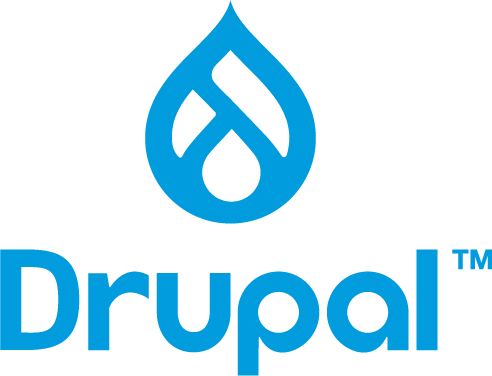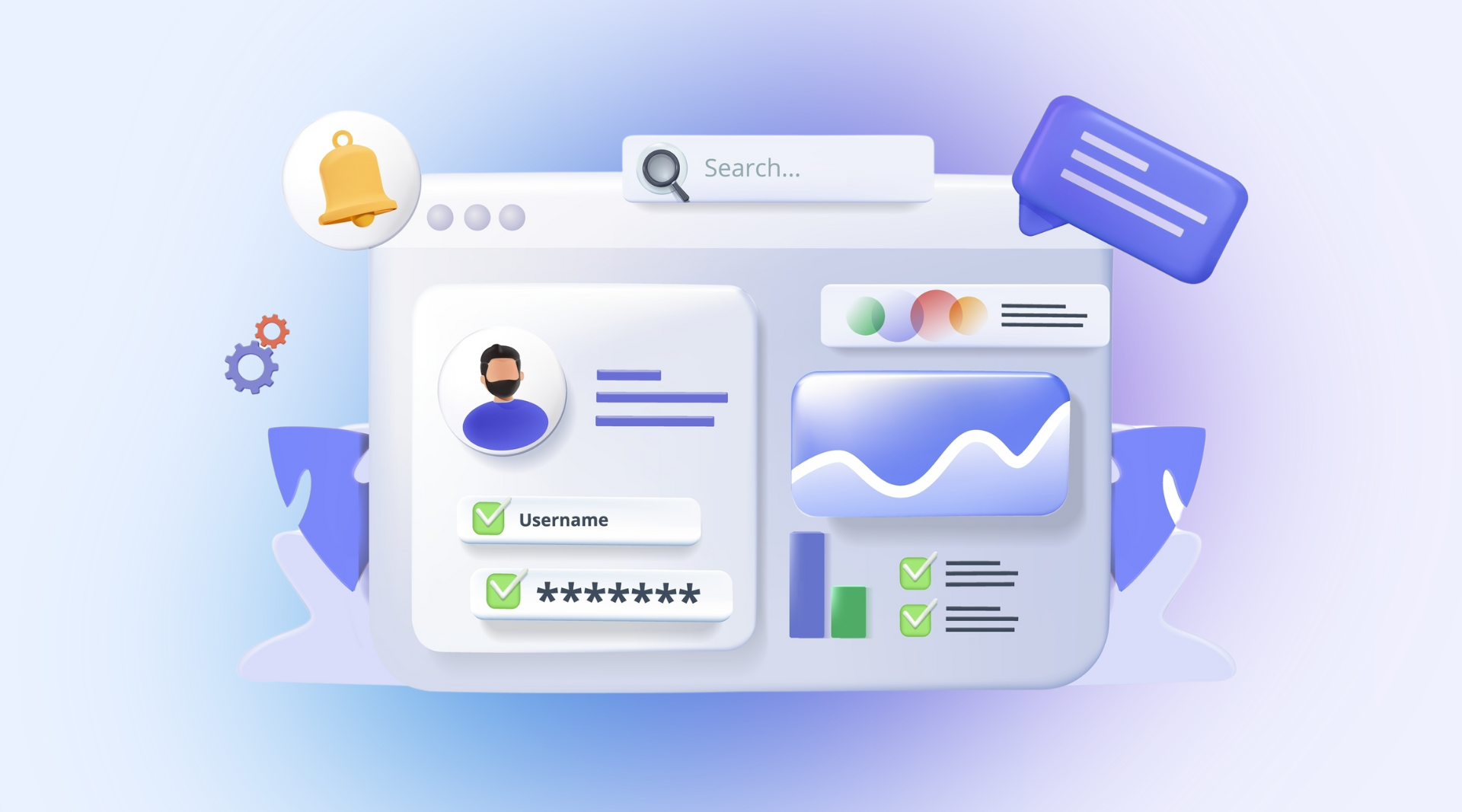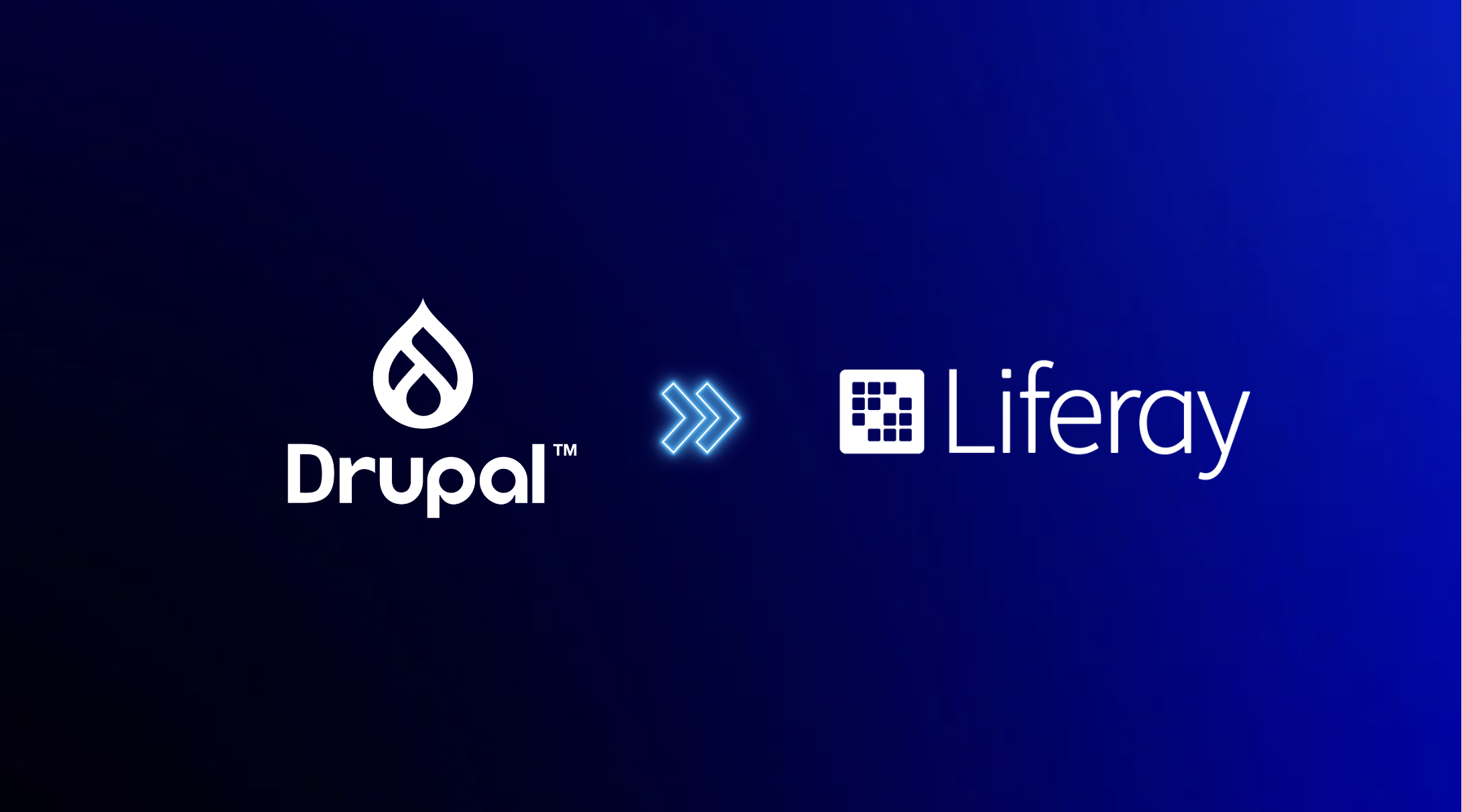
Drupal 7 end-of-life: Everything you need to know
Drupal, a powerful and popular Content Management System (CMS), has been a mainstay for countless websites for over a decade. However, a significant milestone is fast approaching for Drupal 7 users: the impending end-of-life (EOL) on January 5th 2025. This means that Drupal 7 will no longer receive official support or updates from the Drupal community, leaving website owners and developers with a critical decision to make.
In this comprehensive blog post, we'll explore the implications of Drupal 7's EOL, the risks of staying on an unsupported platform, and the options available to ensure your website remains secure, functional, and future-proof.

What does Drupal 7 end-of-life mean?
In the software world, "end-of-life" signifies that a software version will no longer be actively maintained. For Drupal 7, this has several crucial implications:
- No more security updates: Security vulnerabilities are a constant threat online. Without ongoing security updates, your Drupal 7 website becomes increasingly susceptible to hacks and data breaches. This can have serious consequences, including financial losses, reputational damage, and even legal issues if sensitive data is compromised.
- Bug fixes left unresolved: Existing bugs and glitches within Drupal 7 will no longer be addressed. This can lead to website malfunctions, compatibility issues with plugins, and a frustrating user experience for both administrators and website visitors.
- Limited support: The Drupal community will no longer provide official technical assistance for Drupal 7. If you encounter technical problems after EOL, you'll be on your own to find solutions.
Risks of staying on Drupal 7 after EOL
Continuing to use Drupal 7 after the end-of-life date comes with significant risks that website owners must consider:
- Increased security threats: Without security updates, your website becomes a prime target for hackers. A successful attack can result in stolen data, disrupted operations, and a loss of trust from your website visitors.
- Limited functionality: As technology evolves, it will become increasingly difficult to integrate Drupal 7 with newer technologies and plugins. This can limit your website's functionality and hinder your ability to adapt to changing online trends.
- Compliance issues: When Drupal 7 reaches its end-of-life (EOL), continuing to use it poses significant compliance risks, particularly under GDPR. Businesses handling sensitive data must ensure their CMS is regularly updated and secure to avoid breaches. An unsupported CMS like Drupal 7 fails to meet GDPR requirements, risking hefty fines and penalties.
What are your options after Drupal 7 EOL?
With the Drupal 7 end-of life fast approaching, it's crucial to consider your options to ensure the long-term success and security of your website:
- Upgrade to a newer version of drupal: Drupal offers more recent versions with enhanced functionality, improved security, and ongoing support. However, upgrading can be a complex process depending on the complexity of your website.
- Migrate to a different CMS: Several robust CMS platforms, such as Liferay DXP, offer modern features and strong security practices. Exploring these alternatives can provide a fresh start and unlock new possibilities for your website.
- Continue using Drupal 7 (not recommended): While technically possible, this is the least recommended option due to the significant security risks and limitations discussed above.
Take action today to secure your Drupal 7 website’s future
The upcoming Drupal 7 EOL presents a critical decision point for website owners. We encourage you to learn more about your migration options and take proactive steps to secure your website's future.
In our next blog post, we'll explore the benefits of migrating from Drupal 7 to Liferay DXP, a powerful and secure CMS platform that can seamlessly take your website to the next level.
In the meantime, you can schedule a call for a free migration consultation with our team of experts.
Don't wait until it's too late!
Take action now to ensure your website remains secure, functional, and competitive after Drupal 7 end-of-life.


